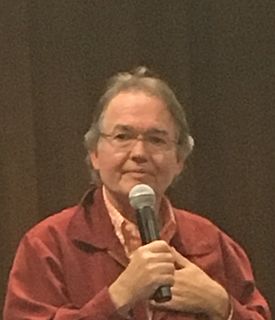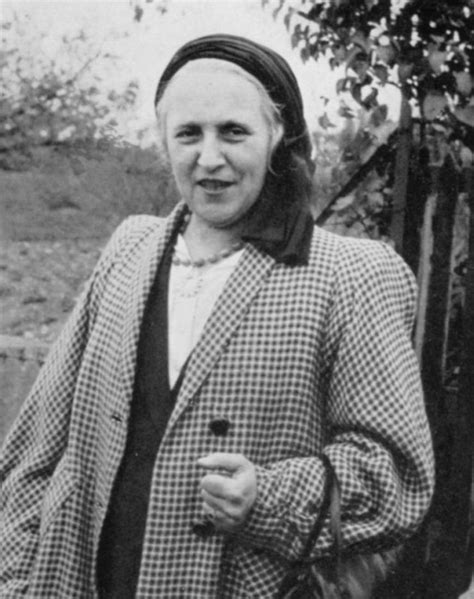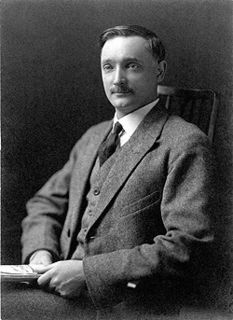A Quote by Aristotle
To be conscious that we are perceiving or thinking is to be conscious of our own existence.
Related Quotes
An entertainment is something which distracts us or diverts us from the routine of daily life. It makes us for the time being forget our cares and worries; it interrupts our conscious thoughts and habits, rests our nerves and minds, though it may incidentally exhaust our bodies. Art, on the other hand, though it may divert us from the normal routine of our existence, causes us in some way or other to become conscious of that existence.
Our lives are more like fragmentary dreams than the enactments of conscious selves. We control very little of what we most care about; many of our most fateful decisions are made unbeknownst to ourselves. Yet we insist that mankind can achieve what we cannot: conscious mastery of its existence. This is the creed of those who have given up an irrational belief in God for an irrational faith in mankind.
What is difficult to understand is that without conscious effort, nothing is possible. Conscious effort is related to higher nature. My lower nature alone cannot lead me to consciousness. It is blind. But when I wake up and I feel that I belong to a higher world, this is only part of conscious effort. I become truly conscious only when I open to all my possibilities, higher and lower. There is value only in conscious effort.
We invent mind-space inside our own heads as well as the heads of others ... we assume these 'spaces' without question. They are a part of what it is to be conscious. Moreover, things that in the physical-behavioural world that do not have a spatial quality are made to have such in consciousness. Otherwise we cannot be conscious of them.
Conscious means "having an awareness of one's inner and outer worlds; mentally perceptive, awake, mindful." So "conscious business" might mean, engaging in an occupation, work, or trade in a mindful, awake fashion. This implies, of course, that many people do not do so. In my experience, that is often the case. So I would definitely be in favor of conscious business; or conscious anything, for that matter.
Further conceive, I beg, that a stone, while continuing in motion, should be capable of thinking and knowing, that it is endeavoring, as far as it can, to continue to move. Such a stone, being conscious merely of its own endeavor and not at all indifferent, would believe itself to be completely free, and would think that it continued in motion solely because of its own wish. This is that human freedom, which all boast that they possess, and which consists solely in the fact, that men are conscious of their own desire, but are ignorant of the causes whereby that desire has been determined.








































